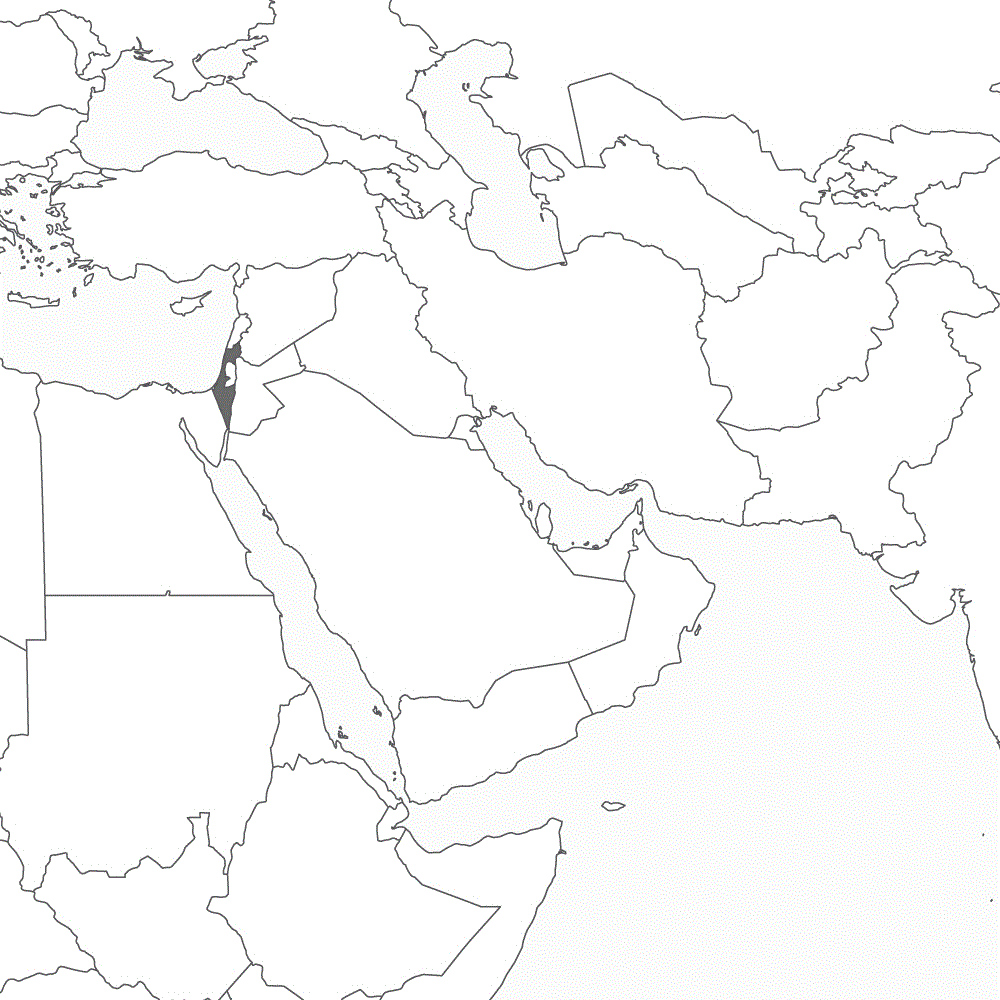Hegemony Conflict
CAIRO The Friedrich Ebert Stiftung, or foundation, closely linked to the German government party, the SPD, announces that it will benefit from the agreement with the League of Arab States to influence forthcoming reforms in the League's member states. The agreement commits the League to cooperate with the German foundation and is the first and, until now, only Memorandum of Understanding of the League of Arab States with a non-governmental organization. The agreement continues the longstanding influence of the Ebert Foundation in the Near and Middle East as well as in North Africa, considered ,,from the German and European perspective as a region of significant importance."
The Ebert Foundation's department of Near/Middle East and North Africa writes that Berlin's policy toward ,,the region" is marked by two factors. ,,In historical and moral terms" Germany has ,,a genuine responsibility toward the State of Israel." ,,Because of geographical proximity", the region is ,,of primary importance as well (!) because of security, economic, social and cultural policy interests of Germany and Europe", which obviously do not coincide with the ,,responsibility towards the State of Israel". This, in addition to the ,,territorial conflict in the Near East", creates a ,,hegemony conflict" at the Persian Gulf according to the foundation's department.
Mediation
The Ebert Foundation is represented in the ,,region" by ten offices (Egypt, Algeria, Israel, Yemen, Jordan, Lebanon, Morocco, Palestine, Sudan, Tunisia) and is active as well in Syria and Iran. It perceives in the whole region a ,,multitude of national and international sub conflicts" and acts as a peaceful and ostensibly neutral ,,mediator" between the conflicting parties. Thus the foundation seeks to secure a leadership role in the region which is marked by ,,hegemony conflict", a goal which it seeks to achieve through the Memorandum of Understanding with the League of Arab States.
Dialogue"
,,The current political and economic reforms and challenges, which the member states of the league must overcome, will be the focal point of the cooperation", explains the Friedrich Ebert Foundation, whose chairman signed the Memorandum of Understanding on 23 November 2003 in Cairo in the presence of the German ambassador. For the coming year, it announces a ,,multitude of discussions and policy measures." It will also initiate a ,,dialogue" between the League of Arab States and other non-governmental organizations, thus opening new avenues of influence for Berlin's foreign policy.
See also earlier article ,,The Most Effective Instruments of German Foreign Policy"
Sources:
Die Friedrich-Ebert-Stiftung im Nahen/Mittleren Osten und Nordafrika; www.fes.de/international/nahost
Moussa Signs Cooperation Accord with German Fridrich Ebert Foundation; www.arableagueonline.org 24.11.2003
Die Friedrich-Ebert-Stiftung kooperiert mit der Arabischen Liga; www.fes.de
